#romanticism
Text



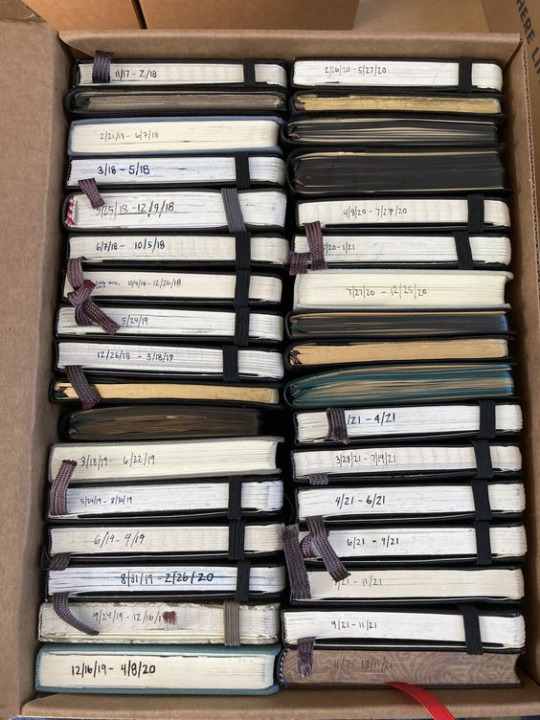


Source Pinterest
#dark academia#darkacademia#light academia#moodboard#light acadamia aesthetic#light academia moodboard#romantic academia#art academia#soft academia#dark academia art#chaotic academia#dark academia books#dark academia moodboard#books & libraries#boooks#books and coffee#coffee#light academia aesthetic#dark academia aesthetic#classic academia#dark academia vibes#studyblr#aesthetic#literature academia#source: pinterest#pinterest moodboard#nature#romanticism#books and libraries
639 notes
·
View notes
Text
211 notes
·
View notes
Text

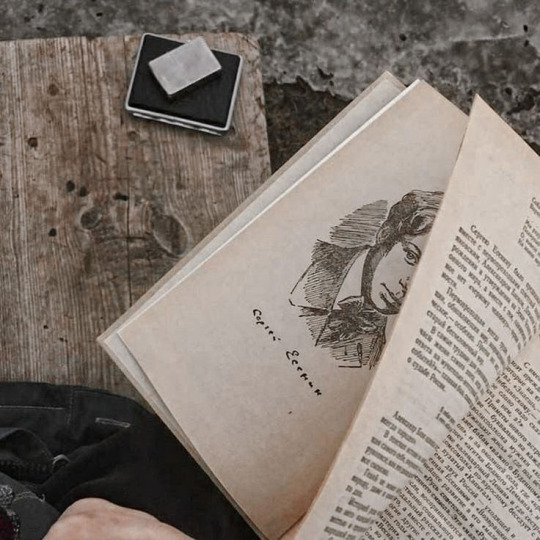
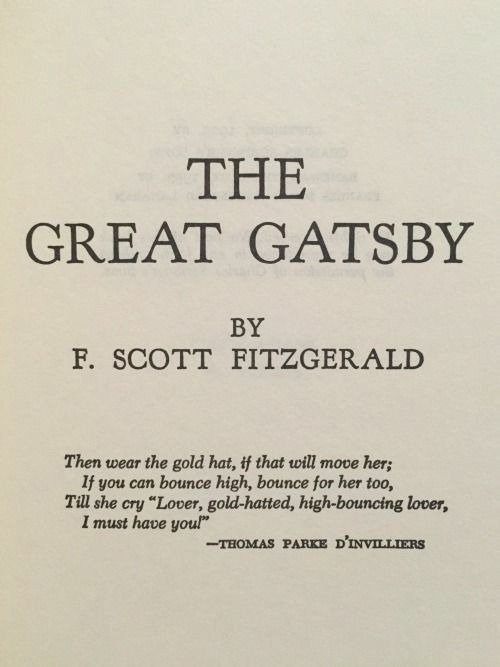

breathing dreams like air
#academia#aesthetic#classic academia#dark academia#light academia#dark academic aesthetic#literature#chaotic academia#love#romanticism#romantic academia#chaotic thoughts#chaotic academic aesthetic#chaos#dark academia aesthetic#dark aesthetic#the great gatsby#f scott fitzgerald#light academism#light aesthetic
150 notes
·
View notes
Text
"I have been astonished that Men could die Martyrs for religion – I have shudder‘d at it – I shudder no more – I could be martyr‘d for my Religion – Love is my religion – I could die for that – I could die for you."
— — John Keats in a letter to his fiancé Fanny Brawne, 13 October 1819.
[GEN Z TRANSLITERATION]
“I have been astonished that Bros could die Simps for the grind – I have cring’d at it – I cringe no more – I could become a Simp for my Grind – Slaying is my grind – I could fuck with that – I could fuck with you.”
— John Yeets in a letter to his situationship Fanny Brawne, 13 October 1819.
#brings a tear to mine eye#i had this in the drafts marinating for a year#i cringe no more#john keats#poetry#meme#fanny brawne#romanticism#literature#english literature#beauty#gen z#slang#funny#history#memes#lit#english
133 notes
·
View notes
Text
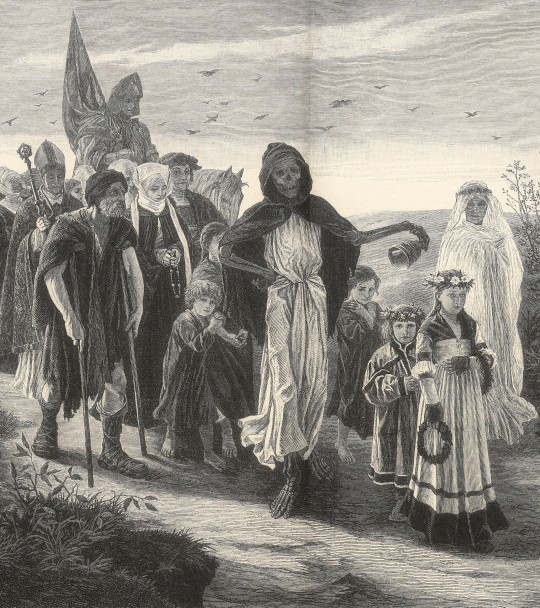
#art#woodcut#holzstich#dance of death#totentanz#death as comforter#zug des todes#totenglocke#skeleton#allegory#symbolism#romanticism#die Vergänglichkeit#transcience#memento mori#gustav adolf spagenberg
133 notes
·
View notes
Text
Holding your face in my hand and giving you slow passionate kisses while I'm inside of you. Looking into your eyes as they slowly go blank.
#desiblr#desi tumblr#txt post#txt#desi academia#dark academia#light academia#dark romanticism#intimacy#writers on tumblr#writers#spilled ink#spilled writing#romanticism#love quotes#dark acadamia quotes#artists on tumblr#romance#dark romance#dark thoughts
113 notes
·
View notes
Text


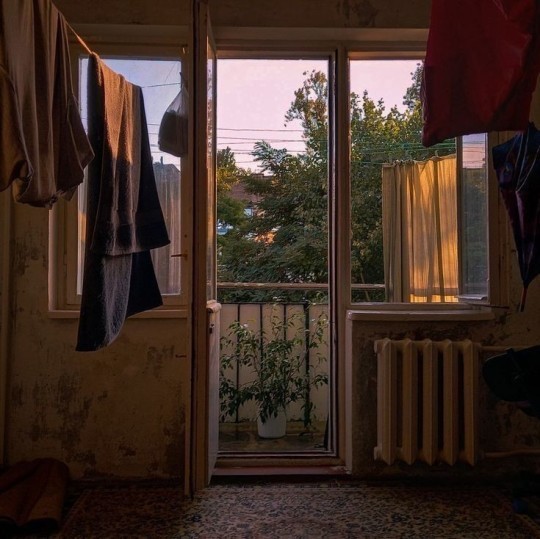
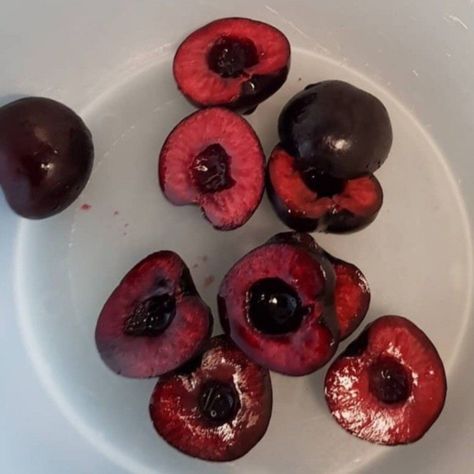


for me it was love
#quotes#random#shitpost#aesthetic#literature#light academia#academia#academia aesthetic#dark academia#moodboard#moodboard aesthetic#moodboards aesthetic#aesthetic moodboards#moodboards dark academia#dark academia moodboard#dark academia moodboards#dark moodboard#moodboard dark#academia moodboard#chaotic academic aesthetic#mooboard#my : moodboards#chaotic academia#books and coffee#romanticism#romantic academia#art#bookworm#dead poets society#2024
86 notes
·
View notes
Text
#sims 4 build#myart#yogscast#romanticism#عرب تمبلر#totk#aang#padmavati#glasses#oil painting#skirt#hotrod#james bond#natalie dormer#monster boyfriend
120 notes
·
View notes
Text
Timeless, endless
The evening is much sweeter, now,
Zephyr sent, the
Silken allure of blossoming
Petals, intensified by May's
Balmy spring-timed golden condensing,
Permeates the atmosphere,
Unadulterated.
Above, the shortly pulsing
Rose red deck
Slowly disintegrates in velvet tatters
As heaven expands within obscurity,
Lackadaisically, like a tiger stretches;
The first stars present, and the sickle,
Glisten
Like fangs
And eyes, catching
Hidden rays of sunken
Treasure.
I drift
To far-off places; blooming deserts
Where, come night,
All ivory gates
Vanish,
And
Awe's gaze travels,
Timeless, endless.
I dream,
Higher, and ever farther away from here;
The Pillars of Creation, until I am shaken,
And topple unto
The soft dewed grass.
---
16-5-2024, M.A. Tempels ©
#poetry#spilled ink#writing#poem#romanticism#poets on tumblr#tumblr poetry#romantic poem#romantic poetry#creative writing#spilled thoughts#words#spilled poetry#alt lit#free verse#original poem#writeblr
31 notes
·
View notes
Text
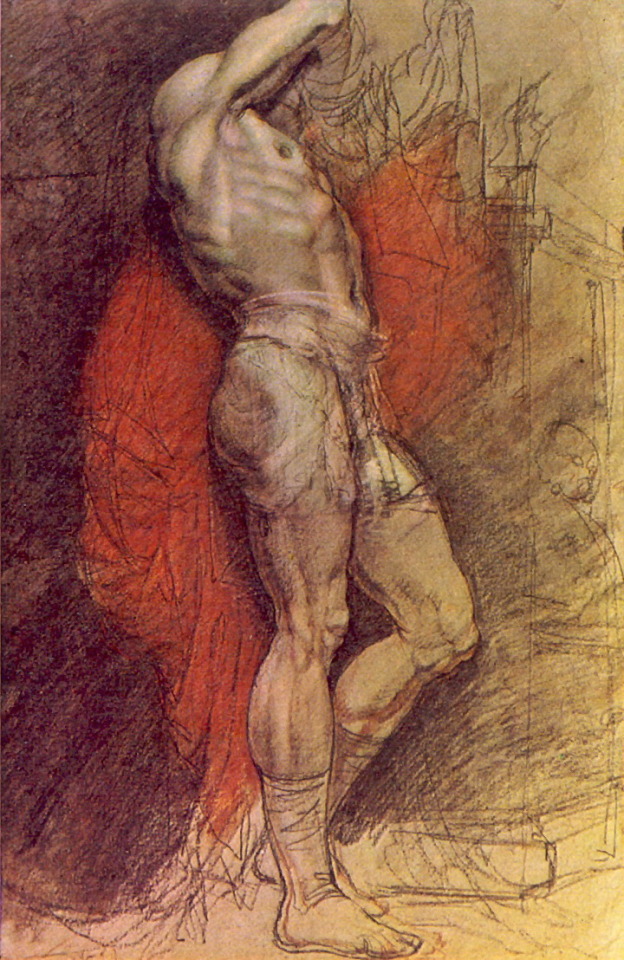
Standing sitter on the background of red drapery by Orest Kiprensky (1782 - 1836)
27 notes
·
View notes
Text

#dark academia#darkacademia#light academia#moodboard#light acadamia aesthetic#light academia moodboard#romantic academia#art academia#soft academia#dark academia art#chaotic academia#dark academia books#dark academia moodboard#books & libraries#boooks#books and coffee#coffee#light academia aesthetic#dark academia aesthetic#classic academia#dark academia vibes#studyblr#aesthetic#literature academia#source: pinterest#pinterest moodboard#nature#romanticism#books and libraries#text post
521 notes
·
View notes
Text




Saint Petersburg, April 2024
@nadziejaestel
#saint petersburg#my photos#мои фотографии#light academia#moodboard aesthetic#dark academia moodboard#retro aesthetic#vintage photography#vintage#vintage academia#vintage aesthetic#aestethic#aesthetic#spring#april 2024#vintage moodboard#moodboard#academia aesthetic#poets cafe#cafe aesthetic#café#cafe#travel#landscape#church#architecture#dark academia#romanticism#lifestyle#history
26 notes
·
View notes
Text

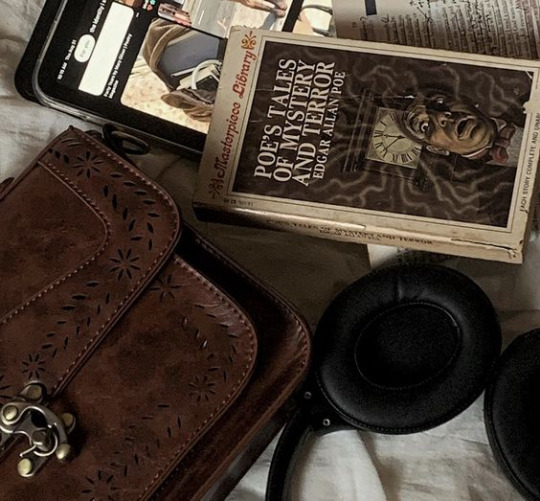
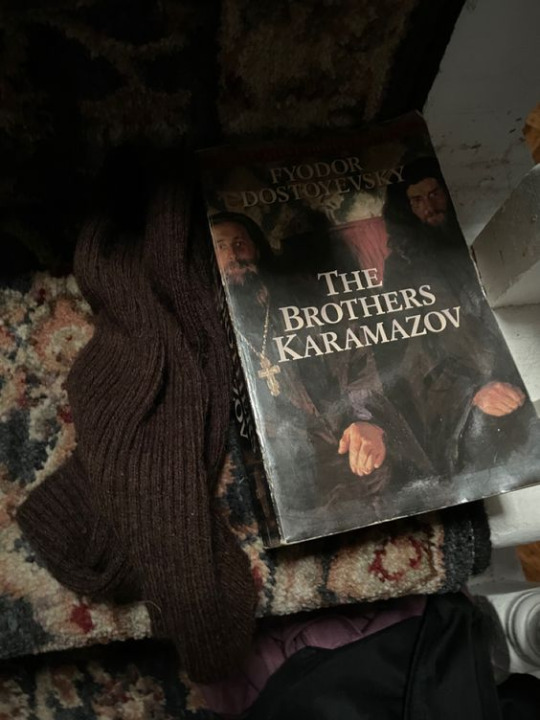
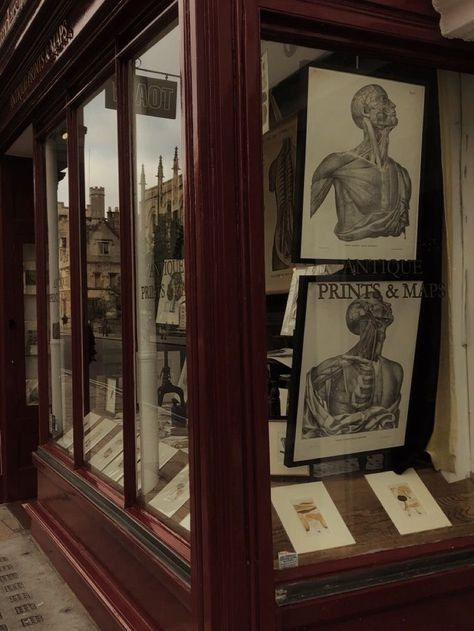

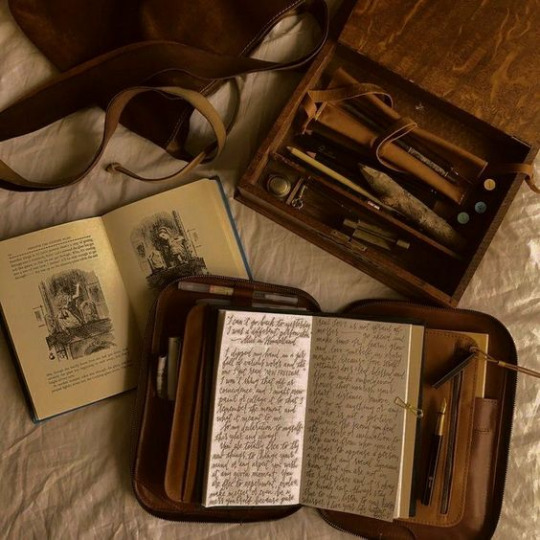
I am too young and I've loved you too much
#academia#aesthetic#classic academia#dark academia#light academia#dark academic aesthetic#literature#chaotic academia#love#romanticism#dark aesthetic#dark academia vibes#dark acadamia aesthetic#art aesthetic#fyodor dostoevsky#the brothers karamazov#chaos#chaotic academic aesthetic#chaotic thoughts#romantic academia#my moodboards#moodboard#russian literature
26 notes
·
View notes
Text
Circe Madeleine Miller
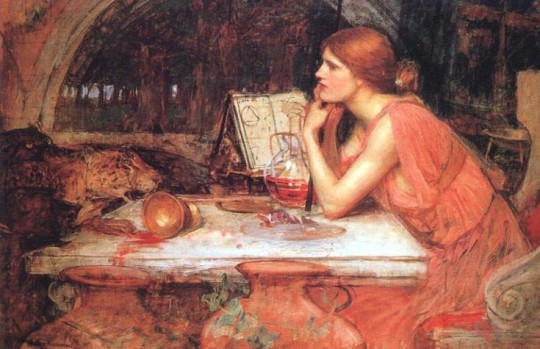
What did I know about Circe when I started reading the book? Almost nothing. I remembered that she was sung by Homer in his Odyssey, Circe, a great but very lonely sorceress who turned passing sailors into pigs, who fell in love with Odysseus and bore him a son. But Madeleine Miller made her the main character.And in Miller's presentation in the myths appears the beat of life - through emotions, warmth and experiences of the heroine, burdened by torments, joys, sorrows and desires, who is not indifferent to people and wishes them well.
In my memory Circea was a villain who stood in the way of the great hero, who was in a hurry to return to his family. But in Miller's case, it's a bit more complicated. Reading the book, I kept coming back to the fact that the main character is very easy to understand. Despite the fact that she is a Greek goddess, daughter of a titan, mistress of the great Odysseus. Circea contrasts well with the powerful and overbearing gods and goddesses, with their base impulses, playfulness and intrigue. Circea is ridiculed, mocked, ignored, but intrigue aside, she lives - her independent life, the life she desired for herself.
Though the beasts and birds listen to her voice, and the herbs in her hands become treacherous weapons. She is a woman who longs for love. A woman who fears loneliness and despises her immortality. How many times did Circe give herself her word not to throw herself into the abyss of feelings, not to submit to love, not to let it break her heart, and each time she failed miserably...Because she could not do otherwise. And let then again loneliness, again pain, again thoughts about the impossibility to love and be loved.But, she solves her dilemmas, makes mistakes, achieves success, independently determines with whom to communicate, what to do and whom to love. Madeleine Miller gave her heroine a chance for happiness. Allowed her dream a dizzying flight. Ended the story on a pleasant note. Although we all realise that Greek stories about the gods are an endless string of lust, pain and betrayal.
When asked what the book is about, the most appropriate answer is probably loneliness. About how different it can be. After all, you can be lonely not only on a desert island, but also in a palace full of relatives.
But the most important problem, the author outlined in the first paragraph: ‘So, the word nymph was actually a measure and a sign of our future. In our language it means not only a goddess, but also a bride’. Except Circea wasn't born beautiful or gifted, so it doesn't even take Helios to find her a majestic groom. Moreover, she is not like the other gods - she cannot live peacefully, knowing that she causes suffering to others.
It is because of this that the main conflict of the story arises. The question ‘Who is she?’ does not disappear until the last page, and perhaps remains afterwards. The open ending makes you think about serious questions, and that is one of the many benefits of the book.
#circe#romantic academia#light academia#academia aesthetic#chaotic academia#classic academia#dark academia#dead poets society#aesthetic#book review#greek mythology#greek gods#romanticism#poetic#literature#books#history#bookstagram#bookworm#booklover#book recommendations#bookish
20 notes
·
View notes
Text
a twitter thread that actually killed me
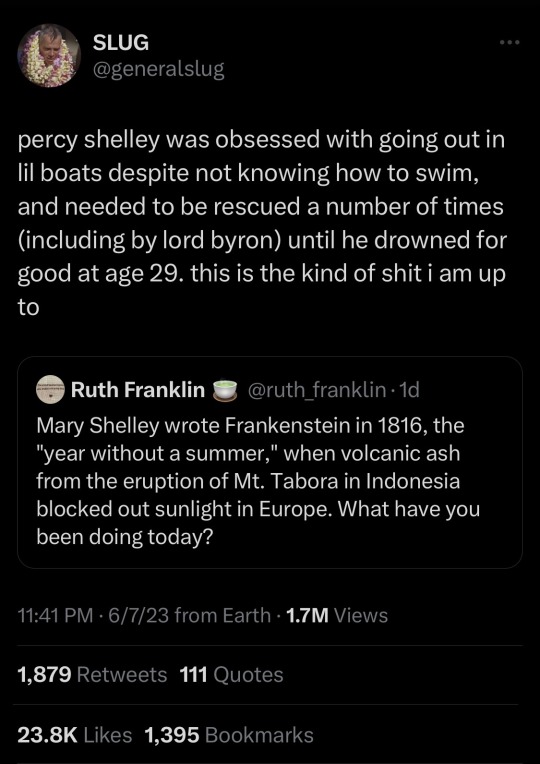
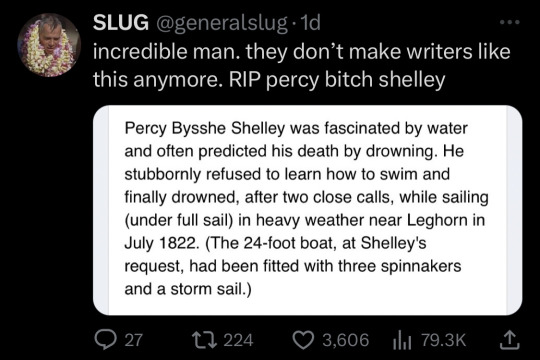
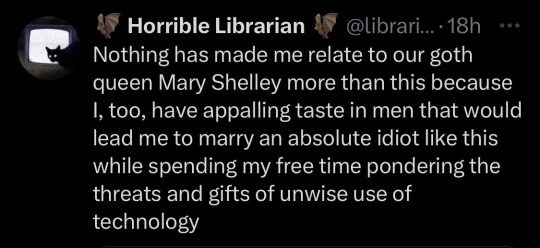

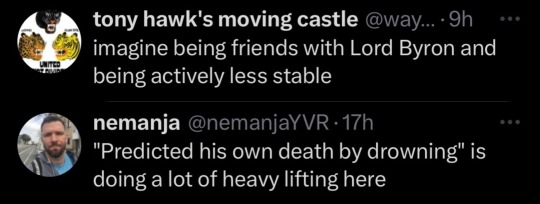

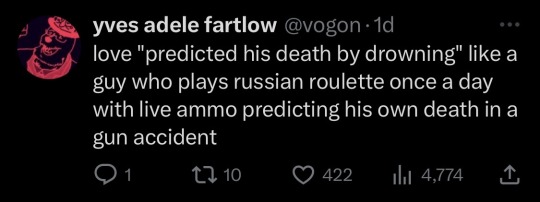


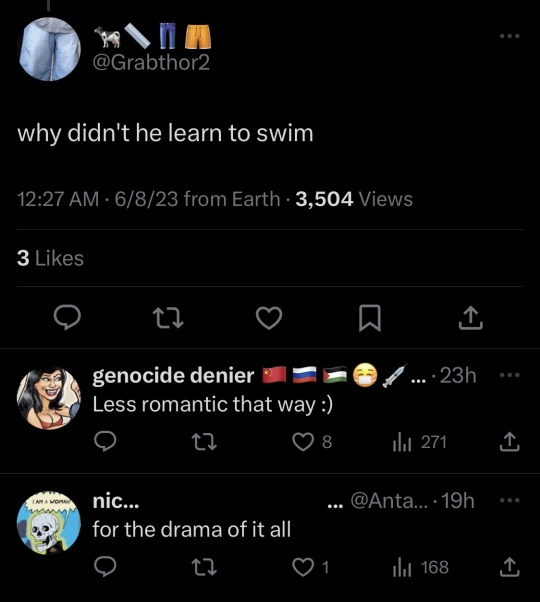
#percy shelley#percy bysshe shelley#mary shelley#lord byron#memes#funny#twitter#screenshots#jokes#lit memes#english lit memes#literature#english literature#dark academia#poetry#romanticism#history#writing#dramatic#goth#shelleys#geneva 1816#the geneva squad#geneva squad
80K notes
·
View notes
Text

#franz kafka#kafka#kafkaesque#literature#literature quotes#paradise is a kind of library#classic literature#english literature#german literature#dark academia#dark academia aesthetic#light academia#light academia aesthetic#cottage core#succession#book aesthetic#book quotes#existentialism#nihilism#romanticism#oscar wilde#lord byron#emily dickinson#ancient greece#ancient rome#jane austen#art#poetry#henry winter#the secret history
23K notes
·
View notes